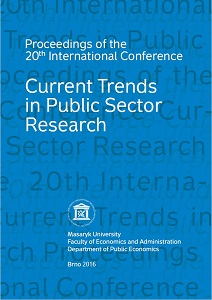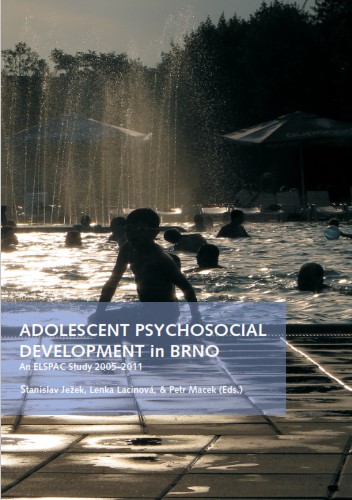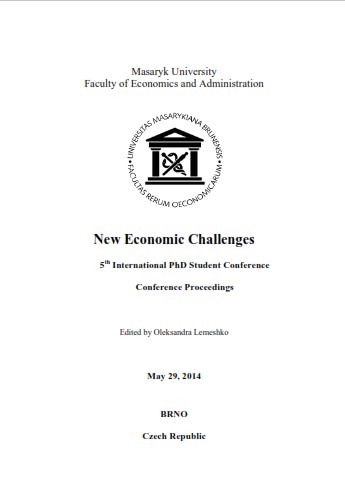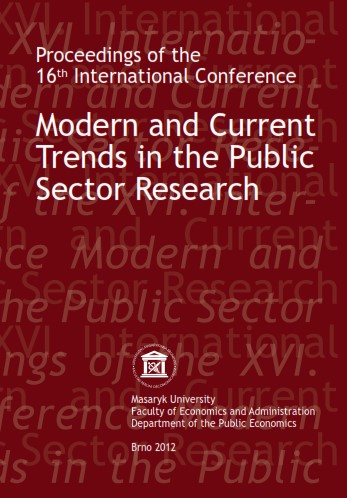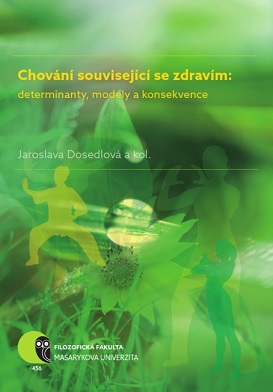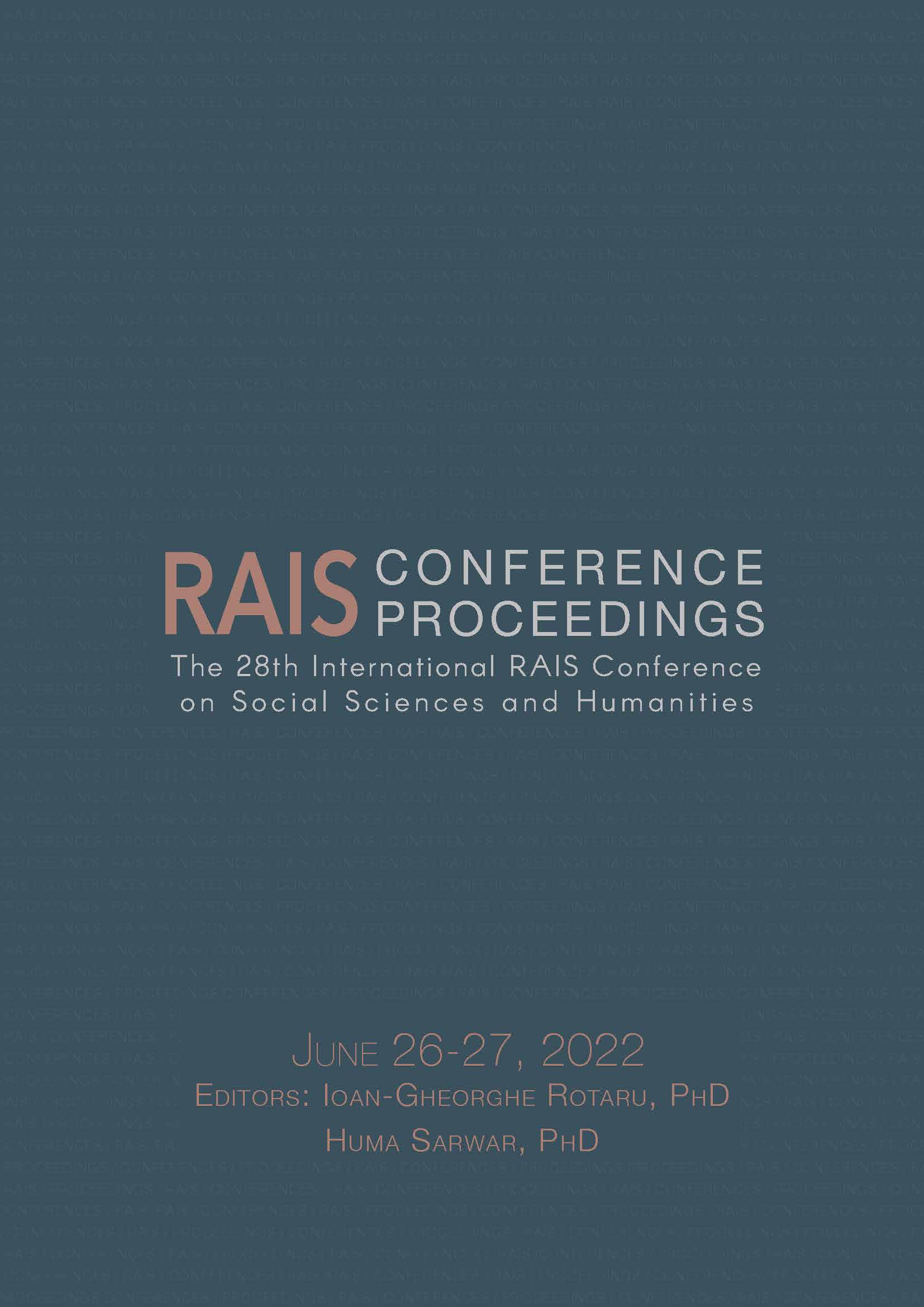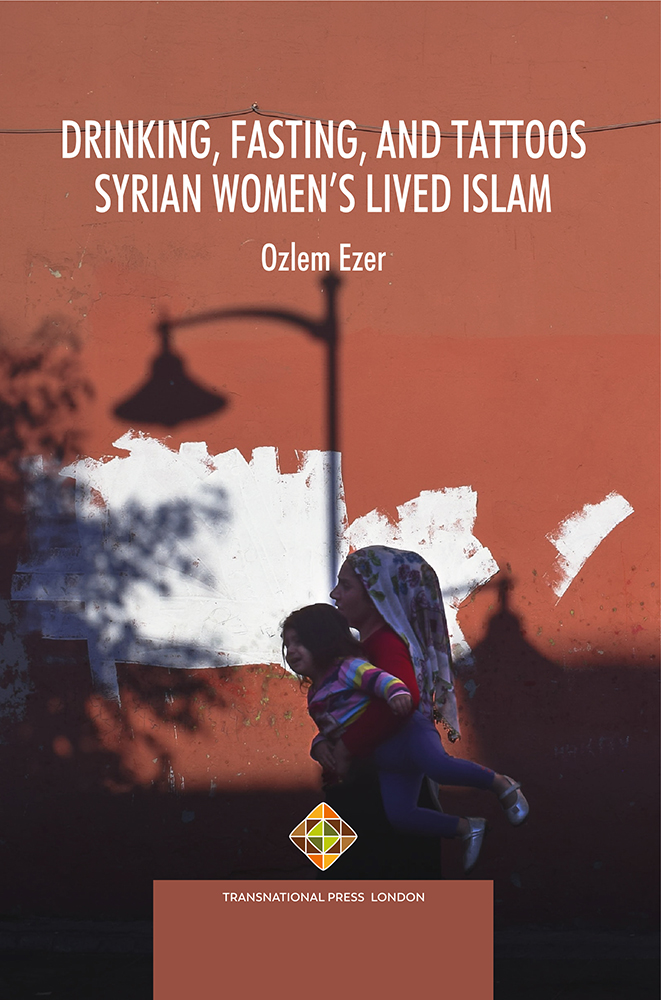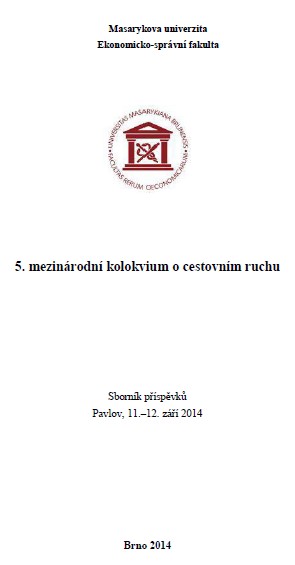
The Use of Financial Advisory in Czech Republic: Self-confidence
The study of behavioral finance and decision making, especially in finance, have grown on importance during last decades. There were conducted many studies of decision making at financial markets all around the world. This study was conducted to analyze financial decision making and behavioral characteristics of Czech population. The purpose of this study is to show how people in Czech Republic control their financial affairs; one of the studied areas is if they use the help of financial advisors, especially, if this is influenced by gender, the level of education or even by the self-evaluation of own financial skills and knowledge. There was conducted a field research based on electronic and printed questionnaire that was answered by 302 respondents. Based on the results of the testing it was confirmed that level of education is significant for both selfevaluation and the use of financial advisors. However the hypothesis that higher education level increase the probability of self-evaluation and decreases the need to use the help of financial advisors was not confirmed. One of possible explanation could be the overconfidence of individuals that is strongly shown by the sample; 70,52% of total respondents consider their financial knowledge better than average and only 3,32% of the respondents consider them worse than average. And only 29,6% pf the respondents use for their financial decisions the help of financial advisor.
More...
